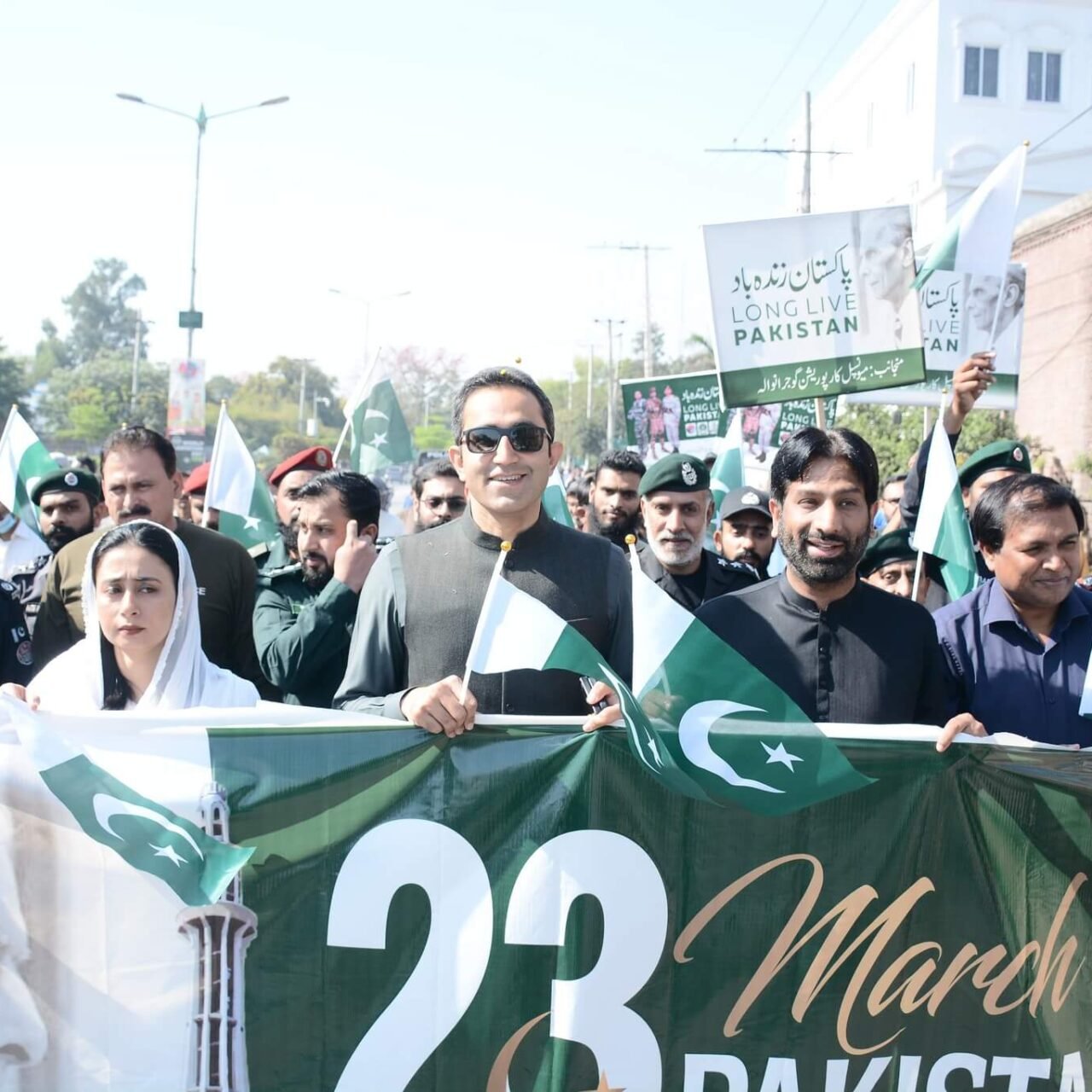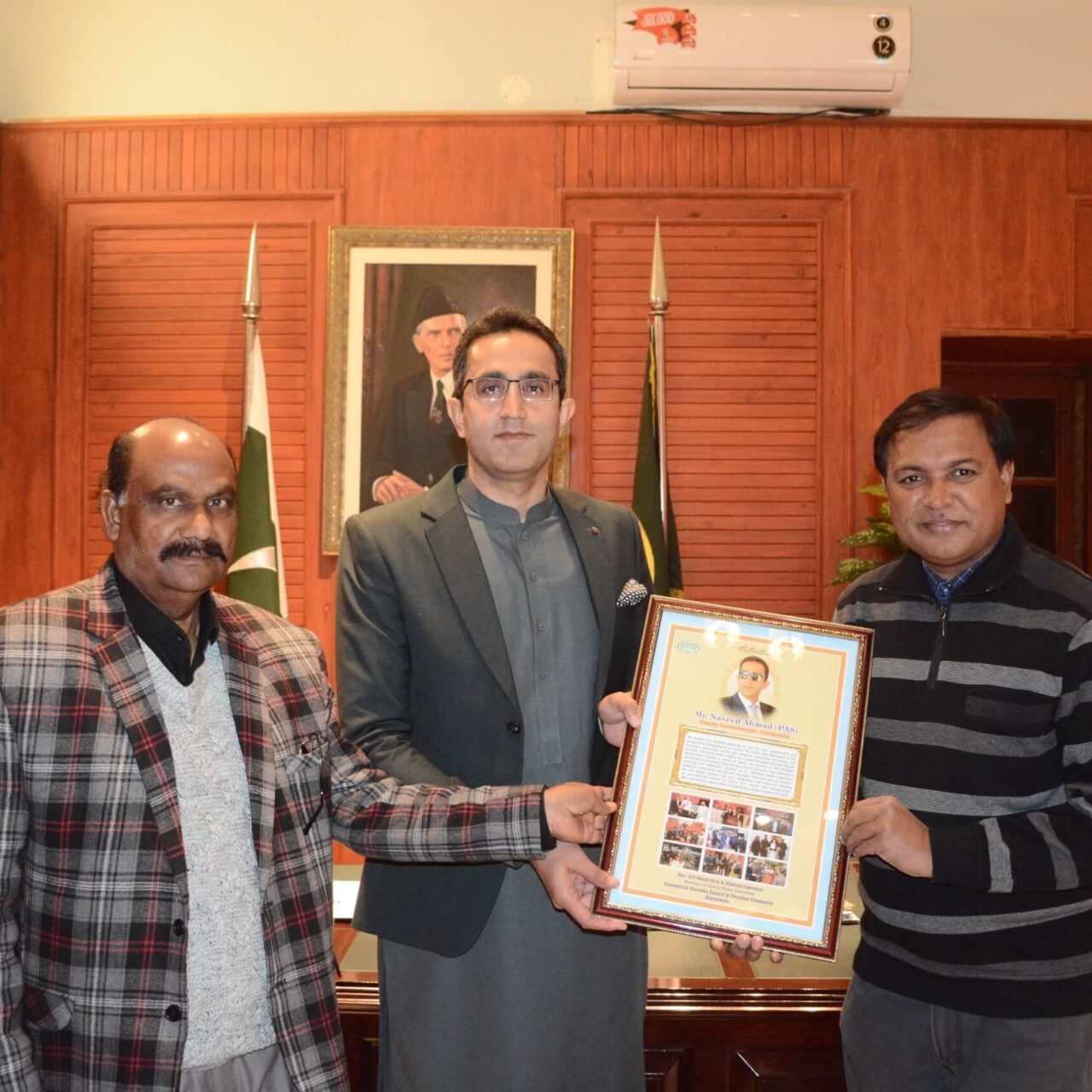A Zonal Moon Sighting Committee meeting was held on the 30 th Day of March 2025 at the Commissioner’s Office in Gujranwala, where religious leaders from all sects across Gujranwala Division participated.
The Ruet-e-Hilal Committee in Pakistan is the official moon-sighting committee responsible for determining the sighting of the crescent moon, which marks the beginning of Islamic months, especially Ramadan, Eid-ul-Fitr, and Eid-ul-Adha. Established by the Government of Pakistan
Following the formal discussions, an Iftar arrangement was made for all participants, reflecting the spirit of brotherhood and Islamic values. The gathering allowed scholars and officials to interact in an informal setting, fostering stronger relationships among different religious groups. The event emphasized the significance of collective decision-making in religious affairs, promoting peace, respect, and collaboration among diverse sects within Gujranwala Division.
The Ruet-e-Hilal Committee in Pakistan is the official moon-sighting committee responsible for determining the sighting of the crescent moon, which marks the beginning of Islamic months, especially Ramadan, Eid-ul-Fitr, and Eid-ul-Adha. Established by the Government of Pakistan, this committee consists of religious scholars, meteorologists, and astronomers who work together to ensure an accurate and unified announcement of the lunar calendar. The committee follows scientific calculations and physical sightings of the moon, considering reports from different regions of the country before making a final decision.
One of the primary responsibilities of the Ruet-e-Hilal Committee is to verify and confirm moon sightings based on testimonies from designated observers across Pakistan. The committee meets every Islamic month on the 29th evening in different cities, collecting data from various zones. They collaborate with local moon sighting committees and regional offices to cross-check reports before making an official announcement. This process ensures that the lunar calendar is followed correctly, reducing confusion regarding the dates of Islamic events and fasts.
In addition to moon sightings, the committee also advises the government and religious authorities on matters related to the Islamic calendar. It helps in resolving disputes over moon sightings, promoting unity among different sects and communities in Pakistan. Over the years, the committee has adopted modern scientific methods, including satellite technology and telescopes, to improve the accuracy of moon sighting decisions. However, debates and controversies sometimes arise, especially when certain religious groups differ in their approach to moon sightings, emphasizing the need for stronger coordination and consensus.
The gathering was marked by an atmosphere of religious harmony and cooperation, as scholars from Sunni, Shia, Barelvi, Deobandi, and other sects came together for a common cause. The committee considered both scientific evidence and eyewitness testimonies before concluding. The participation of all sects highlighted the importance of unity and mutual respect in religious matters, reinforcing the efforts to avoid divisions over moon-sighting disputes. The meeting also allowed religious scholars to discuss ways to strengthen interfaith understanding and cooperation.






